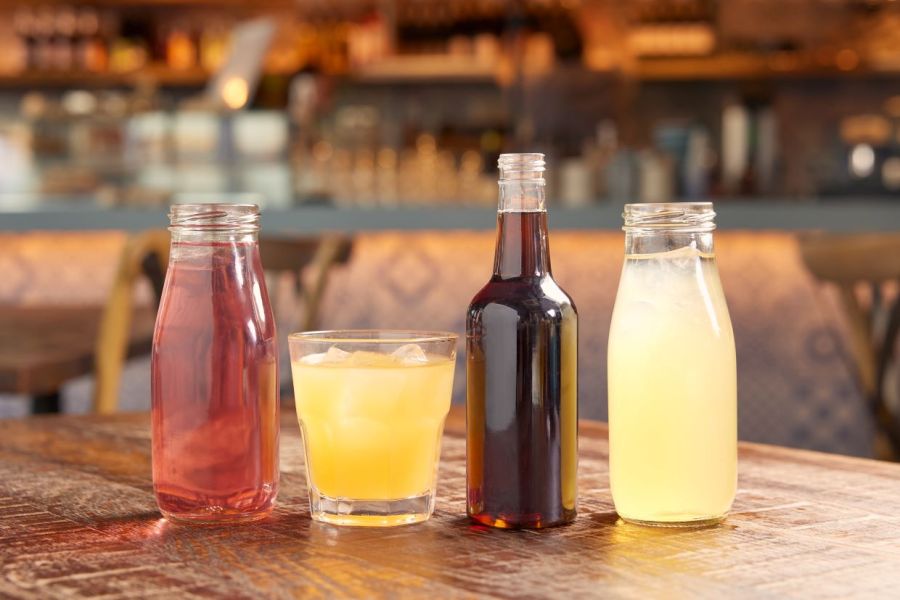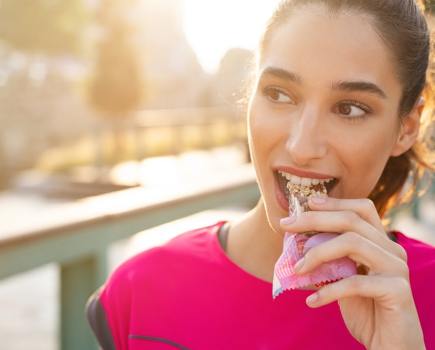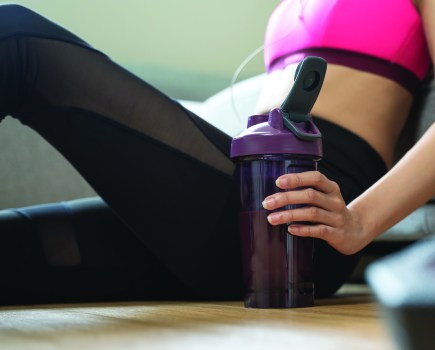Advertorial
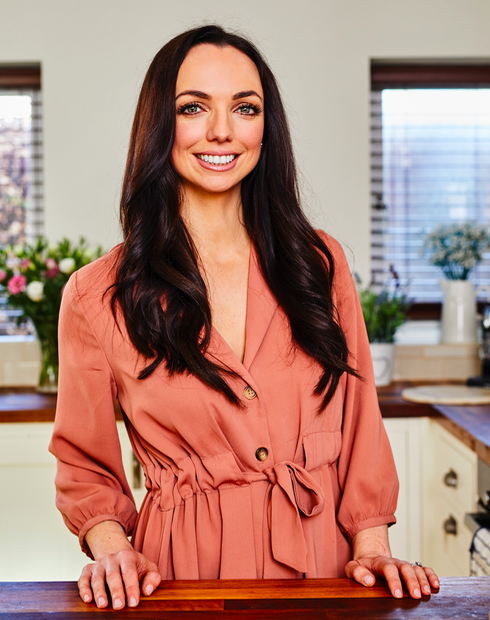
Dietician Nichola Ludlam-Raine tells WF about what non-sugar sweeteners are
With so much confusing information surrounding both sugar and non-sugar sweeteners right now, we’ve asked Nichola Ludlam-Raine, a specialist registered dietician, to reveal how the sweet stuff can still be included as part of a healthy, balanced diet.
How are non-sugar sweeteners processed by the body compared with sugar and natural sugar substitutes?
Nichola says: ‘This depends on the type of non-sugar sweetener, but most are broken down in the gut (intestine), then metabolised and excreted via the liver. Sugar, honey and maple syrup on the other hand, are broken down into glucose. This triggers the release of insulin, which acts like a key to unlock body cells to allow the glucose to be either used for energy or stored (as glycogen) for later.’
What are the safe daily limits of non-sugar sweetener consumption and what kinds of symptoms might we experience if we consume too much?
Nichola says: ‘Too many sweeteners, such as erythritol and xylitol, can trigger gut symptoms such as bloating in sensitive individuals. Risk assessors such as the EFSA (European Food Safety Authority) establish an ADI (Acceptable Daily Intake) for a given substance like non-sugar sweeteners, which outlines the safe amount for people to consume. Obviously, in practice, it’s best to drink water because it’s hydrating, calorie and caffeine-free, and then include diet fizzy drinks or squash in moderation.’
How can we tell if we are consuming more non-sugar sweeteners than we should be?
Nichola says: ‘Listen to how you feel and, if you are experiencing adverse side effects, you can cut down gradually. Remember everybody’s body is different. It’s a good idea to keep a food symptom diary to keep track of how you feel. You can reduce quantities if you feel you should. This might mean if you’re having two sweeteners in your tea or coffee, you should cut down on one. Smart swaps will help your body adapt to having a less sweet diet. The Acceptable Daily Intake (ADI) helps assess the safety levels of non-sugar sweeteners consumption. You would have to consume more than 16x 250ml cans daily of drinks containing non-sugar sweeteners before there was any chance of risk, which is far beyond what the average person would consume.’
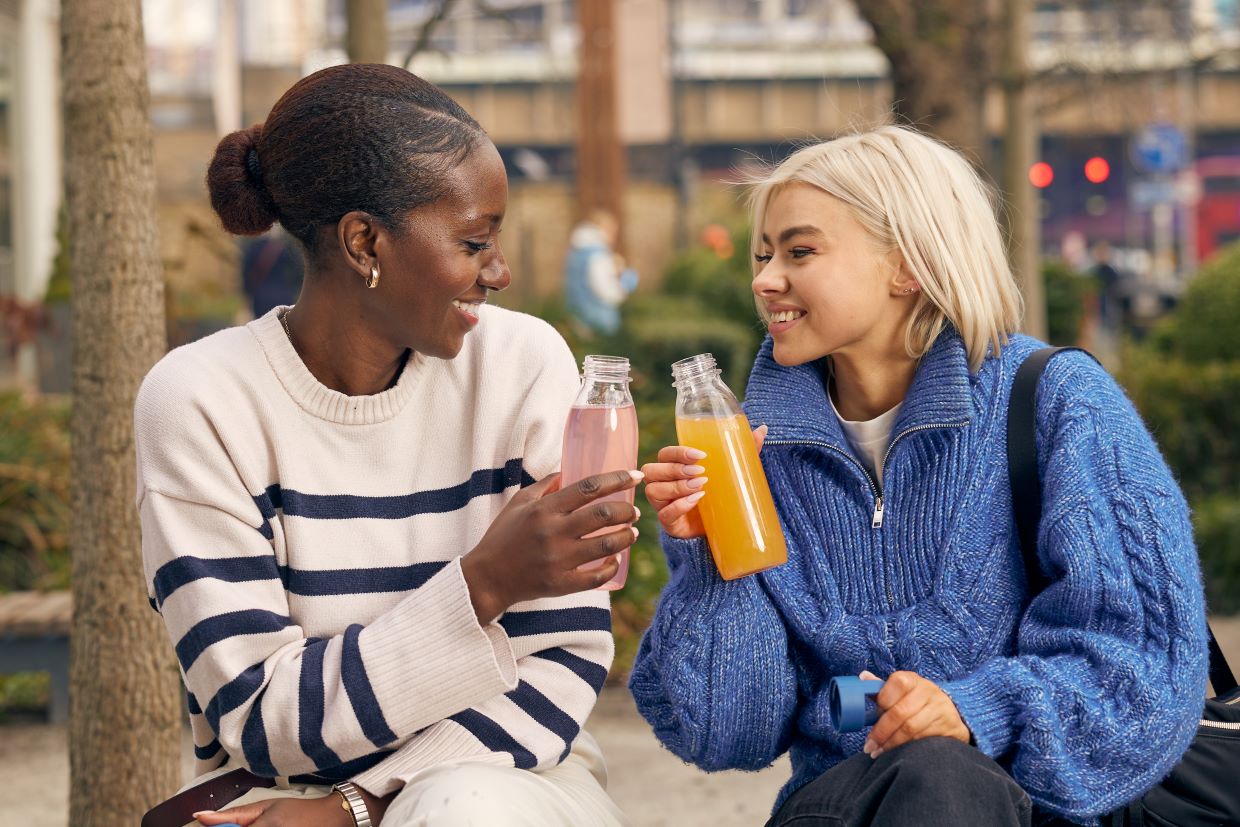
What’s better, fresh fruit juice or non-sugar sweetened soft drinks?
Nichola says: ‘I would never demonise fruit, but if you’re having fresh juice limit it to no more than one 150ml glass, because that is all you need to get one of your 5 A Day. The problem with fruit juice is that some of the fibre is removed which can cause a blood glucose spike. In reality, it’s better to eat the whole fruit as you’ll also get the fibre as well. Plus, fresh fruit in its natural form takes a while to eat, but it’s easy to drink copious amounts of fresh fruit juice. Smoothies are a great alternative, as you can add fruit and dairy (or non-dairy alternatives) along with lots of greens, such as lettuce or spinach, for extra nutrients. Squash is a good option too, as it’s hydrating. And if you really want a fizzy drink, going for the non-sweetened variety is better as they are calorie-free.’
Can non-sugar sweeteners help to curb cravings?
Nichola says: ‘For sweet foods, yes! A low-calorie hot chocolate, for example, is a great example of having a sweet drink but with fewer added sugars and calories.’
Can you suggest some ways to use non-sugar sweeteners in moderation?
Nichola says: ‘You can use non-sugar sweeteners in tea and coffee in place of sugar. Or use them in baking to, for example, make lower sugar jam or no added sugar banana muffins. You can find my recipe, which is also vegan, on Instagram.’
Is it easier to over-consume sugar or non-sugar sweeteners?
Nichola says: ‘In the right quantities sugar is fine, however, it can be easy to over consume. Sugar is often combined with fat, and this combination tastes amazing, which is why it can be easy to overconsume. We are all different, so some people might feel full with less food and some with more. The issue is that sugar is a cheap ingredient, it tastes good and that’s why it’s hidden in a lot of foods, especially convenience foods, so we might not know we are eating it. Non sugar-sweeteners allow you to curb your sugar intake, which drastically reduces calories, and the ones that are currently available have all been scientifically approved for safe use by global health bodies including the European Food Safety Authority.’
For more information on the use of non-sugar sweeteners visit: britishsoftdrinks.com/low-no-calorie-sweeteners
Words: Louise Pyne

